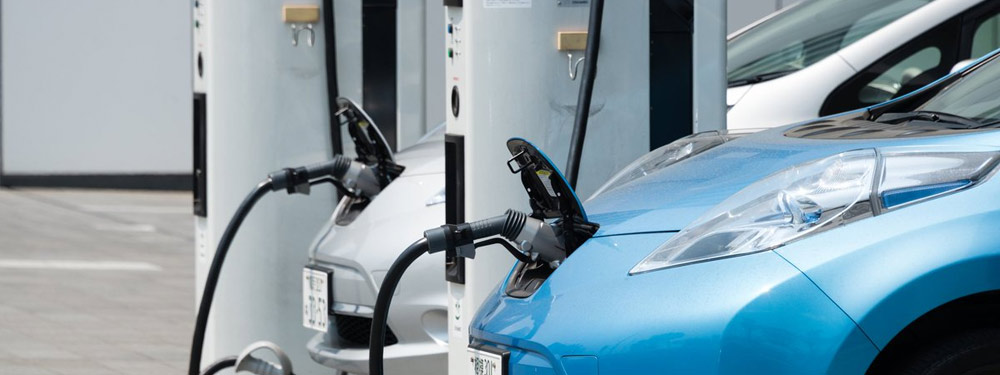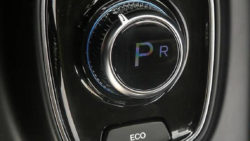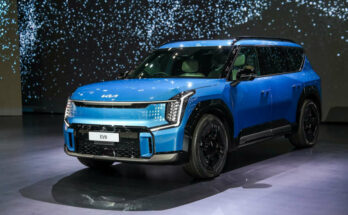It is said that Electric Vehicles (EVs) are the future. Every automobile manufacturer is heavily investing in EVs and it is predicted that 10 years from now, electric vehicles will achieve the same level of production as that of petrol and diesel-powered cars today.
Related: JAC Plans to Bring Electric Vehicles in Pakistan
Recently Chinese automaker JAC has hinted its intent on launching electric vehicles in Pakistan. Other than JAC, various other Chinese automakers are also preparing to introduce their EVs in our country. Bear in mind China is currently the largest producer of electric cars in the world.

Furthermore, the government of Pakistan in April 2018 announced some facilitation measures to encourage the use of electric vehicles in the country. The government announced customs duty on electric vehicle imports to be decreased to 25% from the existing 50% in addition to exemption from regulatory duty of 15%. The withdrawal of 16% customs duty on charging stations for electric vehicles was also announced by Finance Minister Dr. Miftah Ismail during the unveiling of the budget for FY 2018-19.
Related: Rahmat Group to Establish Electric Vehicle Complex at Nooriabad
EVs will also be practical and far more affordable due to the expected advancements in technology. Here are the advantages of electric vehicles over conventional automobiles powered by internal combustion engines.
Lowest Running Cost
An average hatchback today gives you a real-world fuel economy of 15 km/ liter. And even if you assume a car fitted with CNG is able to give you a range of 150 km in a cylinder filled for nearly 600 rupees, the cost per kilometer is around Rs 4/km. On the other hand, most electric cars of today offer a driving range of more than 250 kilometers in a single charge. The estimated price of running an electric car is around just a rupee per kilometer.
Remember, just like petrol or diesel engine cars, the consumption of EVs depends on the model and the manufacturer. It’s not about “kilometers per liter”, but about “kilometer per kilowatt hour”. It is difficult to calculate the exact consumption of an electric car because numerous factors have to be taken into account. However, most EVs require at least 20kWh to fully charge their battery.
Related: Zotye to Challenge Tesla Model 3 with the Z500EV
Easy to Recharge
In a conventional automobile, you need to take your car to a filling station to get it refueled. In the case of an EV, you can recharge it at your home too. Just by using a standard 220v socket an EV can be charged easily. It generally requires 6-8 hours to fully recharge a car battery, however, in fast charging mode, more than 50% can be recharged within an hour.
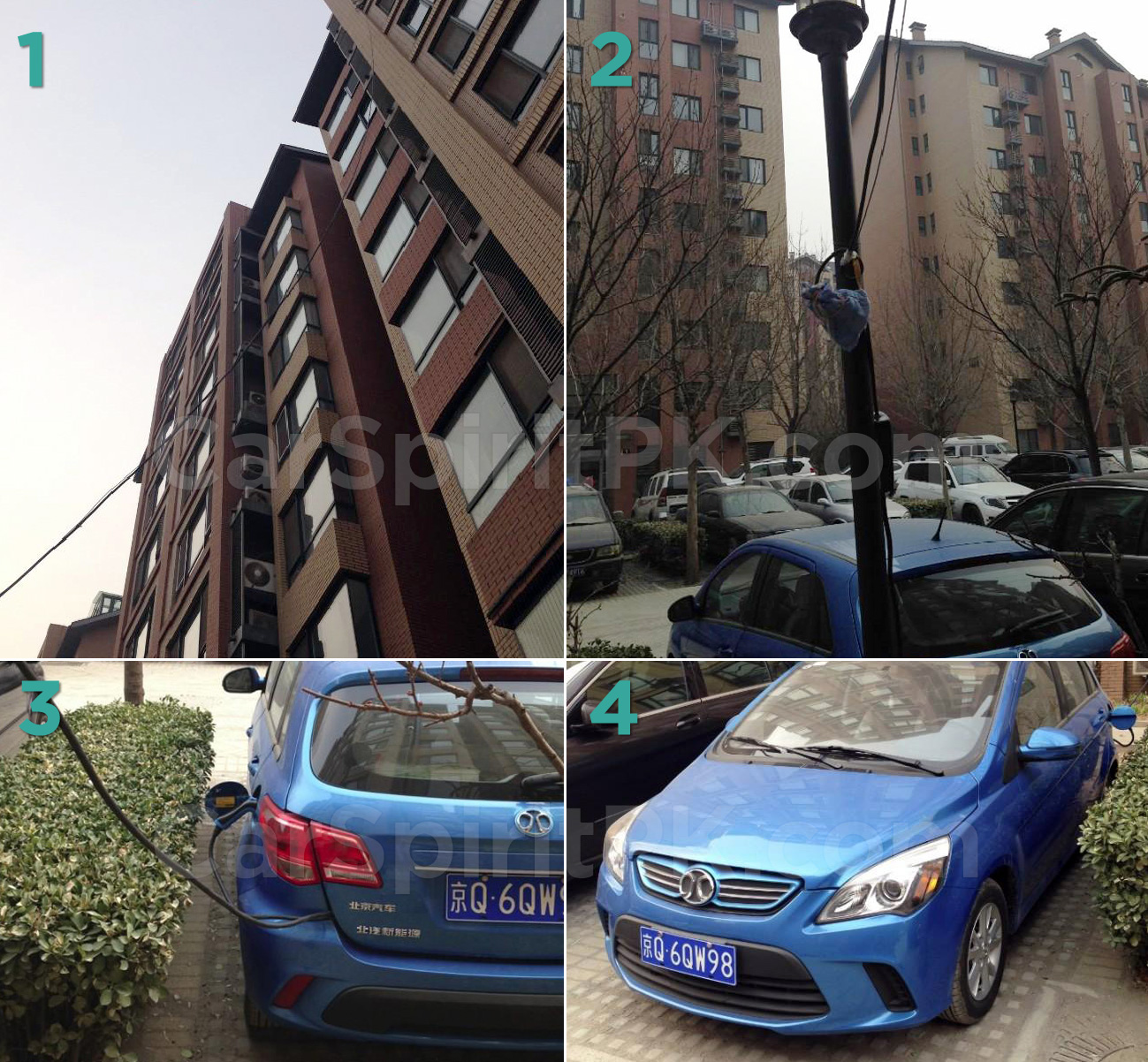
Depending on the usage, you won’t normally need to recharge it every day. Let’s assume that an EV has a driving range of 280km, you can easily run your car for a couple of days without the need to recharge.
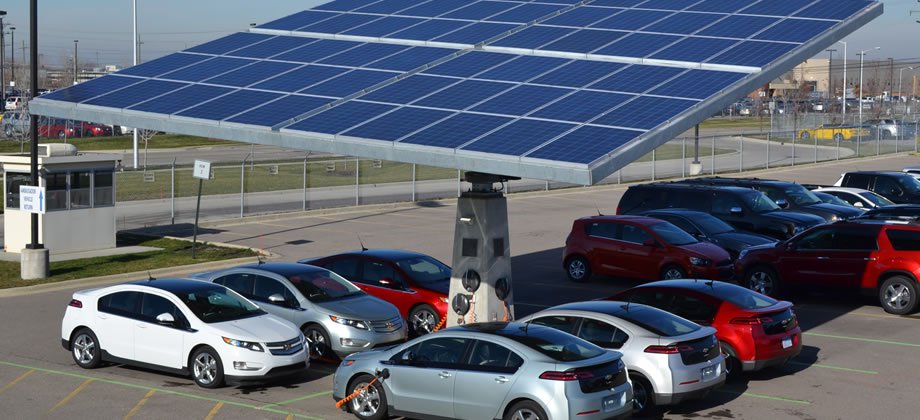
Zero Emissions
Electric vehicles are called zero-emission vehicles, they are environment friendly and contribute towards better air quality.
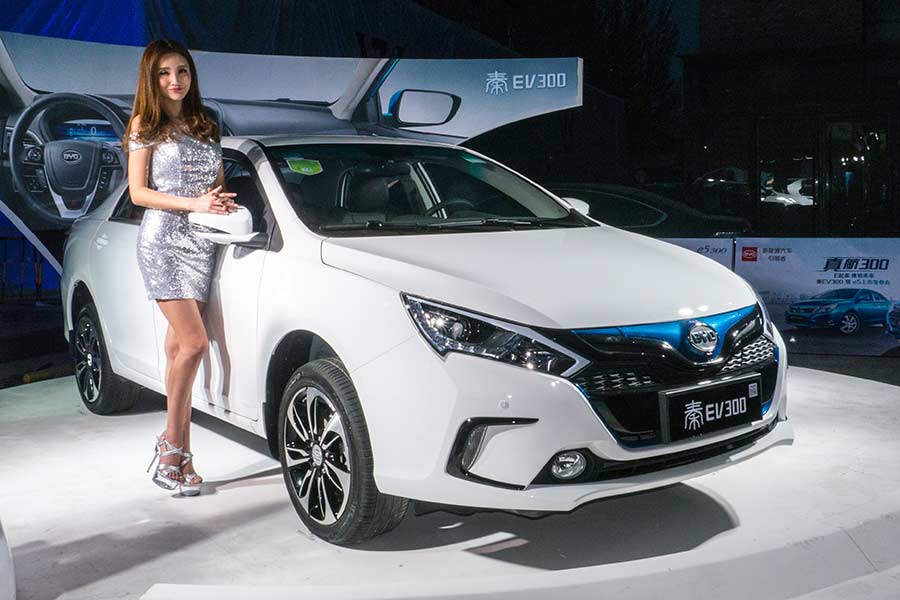
Low Maintenance
A typical car powered by an internal combustion engine has around 14,000 moving parts. An electric vehicle has around 20. This means lower service and maintenance costs. EVs don’t require belts & pulleys, they don’t need a radiator, no engine oil, no transmission, no lubricants, no silencer, no exhaust manifold, and the list goes on.
Related: Chinese LSEV that looks like a Bugatti Chiron
Easy to Drive
A car needs to have a transmission, it is the mechanism that transmits the power developed by the engine of the automobile to the driving wheel. The most common is a manual transmission however in congested traffic of today, people prefer automatic transmission. Unfortunately, automatic transmission cars are a compromise on fuel efficiency as they consume relatively more fuel than manual transmission.
Instead, the EVs have the most efficient transmissions, the ‘direct drive’ or ‘single speed’ transmission, which is driven directly by a motor without a belt or any other device to transmit power.
Related: Top 10 Best-Selling Electric Vehicles in 2017
If you are wondering why an EV doesn’t need a conventional transmission, the reason is simple- it doesn’t need one.. Typical gasoline engines have a very narrow torque band which requires varying the gearing (with multiple gear ratios) to allow the engine to perform efficiently and effectively propel the vehicle down the road.
Electric motors create torque throughout the RPM range. They can create a large amount of torque from zero RPM almost all the way through to their maximum RPM. Since almost the entire RPM range for the motor produces usable torque, there’s no need for a transmission. Because the motor can produce torque from 0RPM, there is no need for a clutch, either.

A computer animation professional with over 23 years of industry experience having served in leading organizations, TV channels & production facilities in Pakistan. An avid car enthusiast and petrolhead with an affection to deliver quality content to help shape opinions. Formerly written for PakWheels as well as major publications including Dawn. Founder of CarSpiritPK.com

